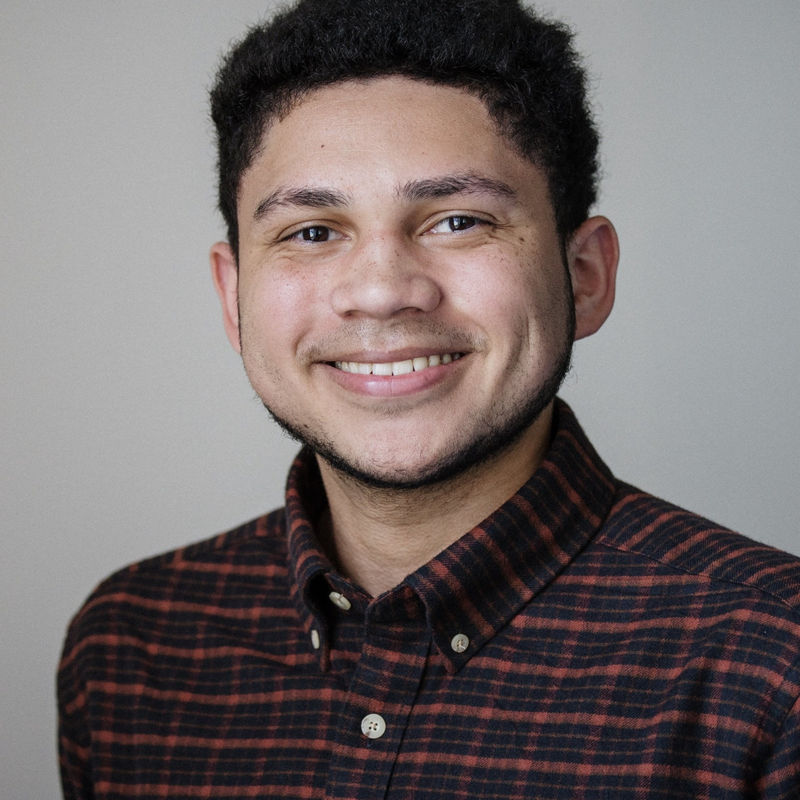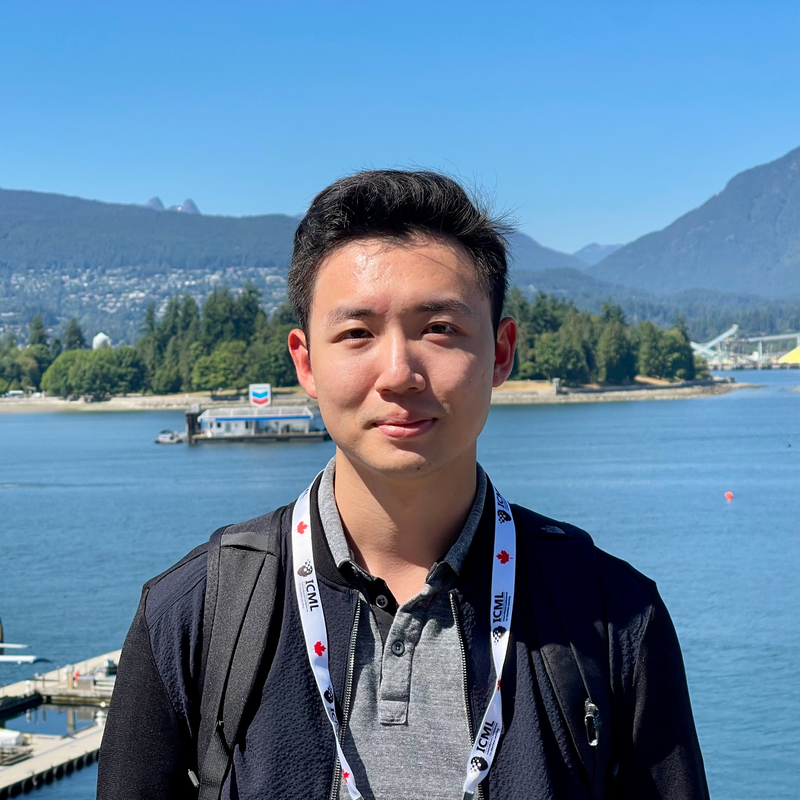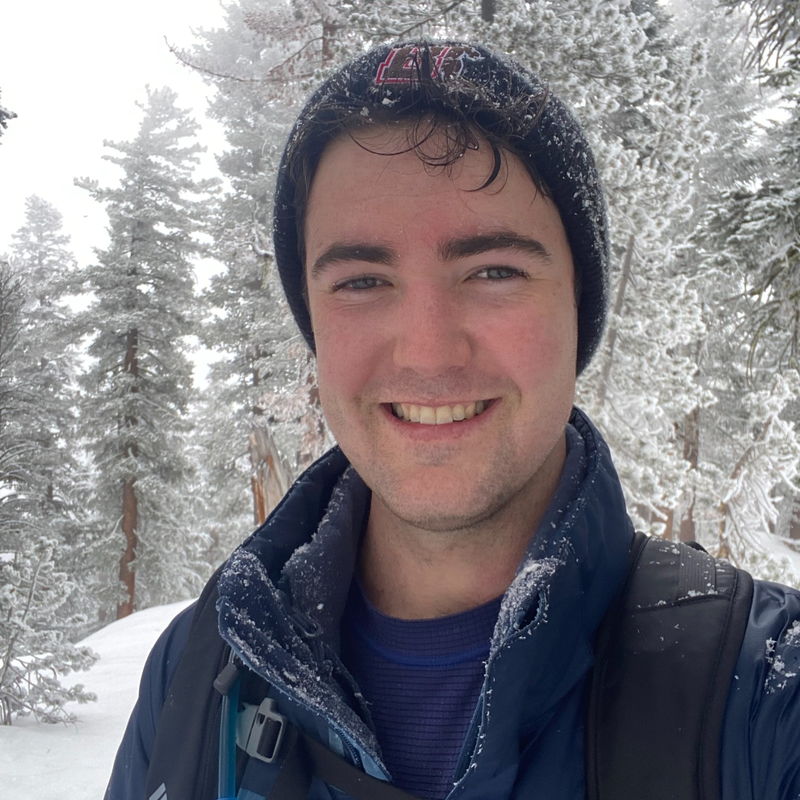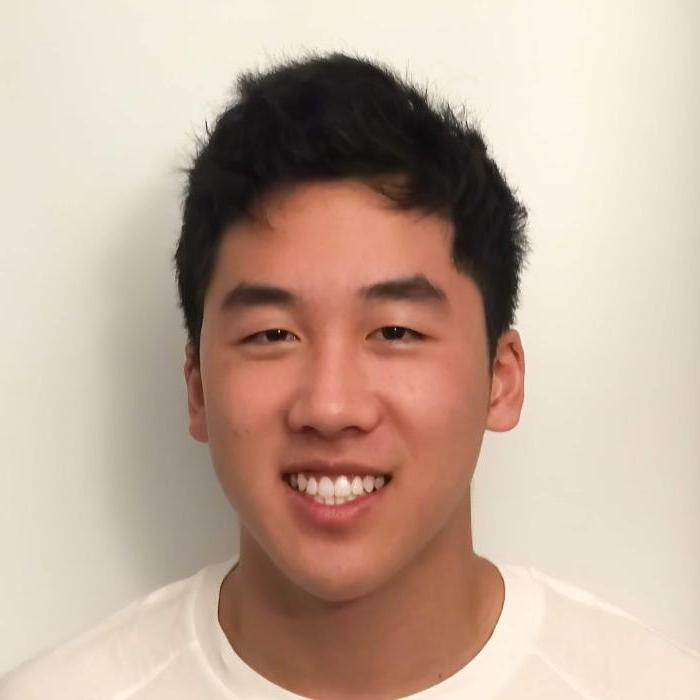









John Hewitt
Email: jh5020@columbia.edu
Learning from, and learning to generate, natural language is one of the core strategies in modern artificial intelligence. Systems built from the tools learned in this class are increasingly deployed in the world. This section (Section 2) provides a generative models-focused introduction to this field of natural language processing, with the goal of understanding and implementing the foundational ideas beneath state-of-the-art systems.
Topics will include: language modeling, neural network design, text tokenization, web-scale text datasets, representation learning, NLP tasks and evaluation, accelerators like GPU and TPUs, pretraining, posttraining, reinforcement learning, and many others.
For this class, it would be useful to be familiar with any of: linear algebra, python programming, probability, differential calculus. We've provided a set of notes for filling some gaps in preparation: Lecture Note 0. See here for a PDF.
Lectures: Tuesdays & Thursdays, 2:40 PM – 3:55 PM
Location: Northwest Corner 501
We'll be using Ed discussion forums, and Gradescope for assignment submission. You should have been added automatically to both. If you just enrolled, ping us to sync the Canvas roster.
| Week | Tuesday (Date) | Thursday (Date) | Assignments / Notes |
|---|---|---|---|
| 1 | Introduction, Language Modeling (notes) Tue Sep 2 |
Tokenization (notes) Thu Sep 4 |
A0 out a0.pdf a0.ipynb |
| 2 | Background Review (notes) Tue Sep 9 |
Representation Learning 1 (Architectures) (notes) Thu Sep 11 |
|
| 3 | Representation Learning 2 (Learning) (notes) Tue Sep 16 |
Tasks and Evaluation (notes) Thu Sep 18 |
A0 due Tuesday @ 2:30PM A1 out a1.ipynb |
| 4 | Building a Machine Translation System (PDF notes) Tue Sep 23 |
Exam 1 (on lectures through Sept 18) Thu Sep 25 |
Exam 1 Prep |
| 5 | GPUs and Parallelizable Architectures (PDF notes) Tue Sep 30 |
Self-Attention and Transformers (PDF notes) (slides) Thu Oct 2 |
A1 Due Thursday |
| 6 | More Transformers & Pretraining Tue Oct 7 (PDF notes) (slides) |
Pretraining II Thu Oct 9 (PDF notes) |
A2 Written out A2 Code out |
| 7 | LM Use and Adaptation (finetuning notes) (posttraining notes I) Tue Oct 14 |
Posttraining 1: Instruction Following (generation notes) (finetuning notes) (posttraining notes I) Thu Oct 16 |
Final Project Proposal out, Oct 16 Proposal Guidelines Practical Tips A2 Written Due Fri Oct 17 |
| 8 | Posttraining 2: Reinforcement Learning Tue Oct 21 |
Exam 2 Thu Oct 23 |
|
| 9 | Experimental Design Tue Oct 28 |
Retrieval and Tools Thu Oct 30 (slides) |
A2 Code due Tue Oct 28 @ 2:40pm Final project Proposal due Thu Oct 30 @ midnight Final Project Milestone assigned, Thu Oct 30 Milestone Guidelines |
| 10 | No class (Election Day) Tue Nov 4 |
AI Safety Thu Nov 6 |
A3 Released, due Fri Nov 14 @ 11:59pm |
| 11 | Bias, Fairness, Privacy Tue Nov 11 (PDF notes) (slides) |
History of NLP Thu Nov 13 |
|
| 12 | Diffusion Models Tue Nov 18 |
Interpretability and Analysis Thu Nov 20 |
|
| 13 | Guest Lecture Pratyusha Sharma, NYU Tue Nov 25 |
No class (Thanksgiving) Thu Nov 27 |
Project Milestone due November 24, 11:59PM Final Project Report Assigned Final Report Guidelines |
| 14 | Looking to the Future Tue Dec 2 |
Final Project Help Thu Dec 4 |
|
| 15 | - Tue Dec 9 |
- Thu Dec 11 |
Final Project Due Dec 11, 11:59PM |
This grading breakdown is provisional and subject to change.
Letter grades will be determined by the teaching staff as a function of the following breakdown; cutoffs for each letter grade will be decided at the end of the class, not by pre-set cutoffs. All written elements of the assignments, as well as the final project writeups, must be written in LaTeX and submitted as PDF.AI tools (e.g., ChatGPT, Cursor, Claude Code) are fully allowed for Assignments 1–4. While I recommend doing the assignments on your own (or with minimal AI hints) as prep for exams, you may use AI to fully solve them if you wish. It is your responsibility to ensure that submitted code and math are correct.
AI tools are also allowed for the final project, both in coding and writing. However, students must take responsibility for all written content and supporting code submitted.
No AI tools are allowed during exams, which will be written in-class.
| Names | Day | Time | Location |
|---|---|---|---|
| Daniel, Nick, Joey | Monday | 3:00-5:00PM | CSB 480 |
| Andrew, Chatiya | Tuesday | 12:30-2:30PM | CSB 488 |
| John | Wednesday | 5:00-6:30PM | CEPSR 724 |
| John | Thursday | 10:00–11:30 AM | CEPSR 724 |
| Melody, Noah | Friday | 11:00AM-1:00PM | CSB 5th floor meeting area |
Students will be evaluated and given feedback from there assigned mentor at two intermediate points in the final project process to help ensure expectations are understood. We additionally provide a document containing practical suggestions on designing and carrying out your projects in the Practical Tips For Final Projects Notes Provisional guidelines for each intermediate final project submission and brief descriptions of each are included below:
There is no attendance policy; attend as you want. though I strongly advise students to attend guest lectures, out of thanks and respect for our guest lecturers.
Please see the grading section for our policies on AI tools in this class. Otherwise, please refer to the Faculty Statement on Academic Integrity and the Columbia University Undergraduate Guide to Academic Integrity.
The teaching team is committed to accomodating students with disabilities in line with the Faculty Statement on Disability Accommodations.